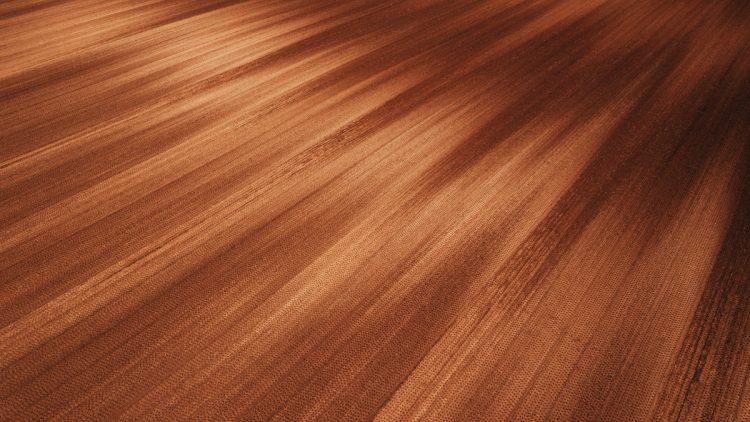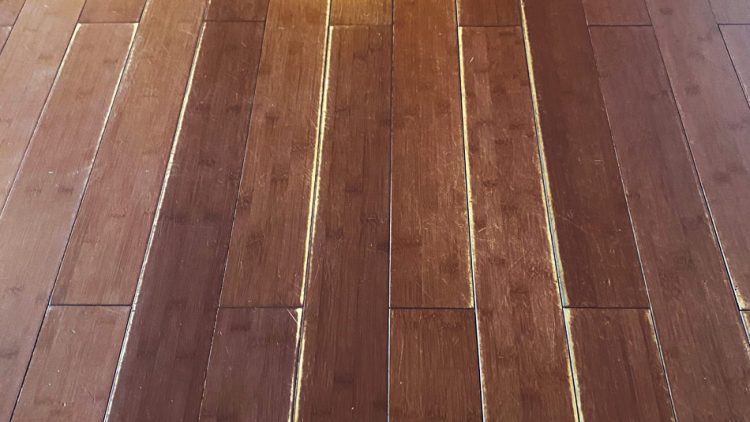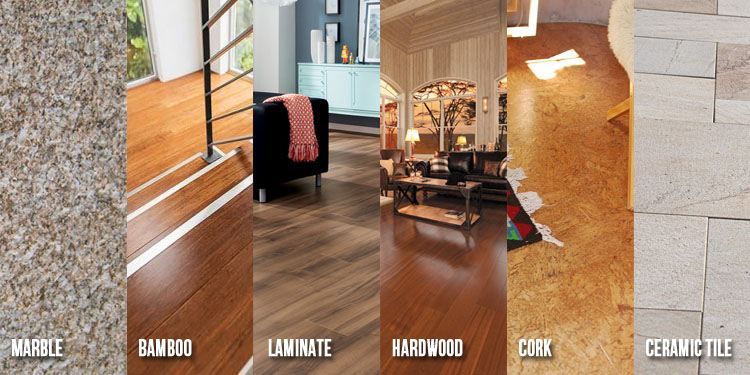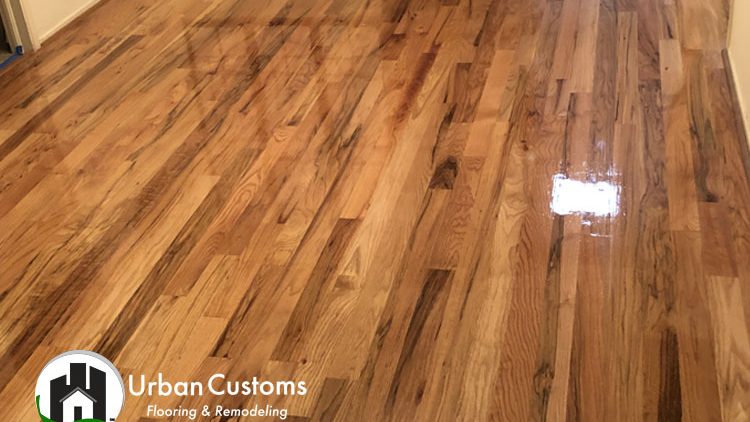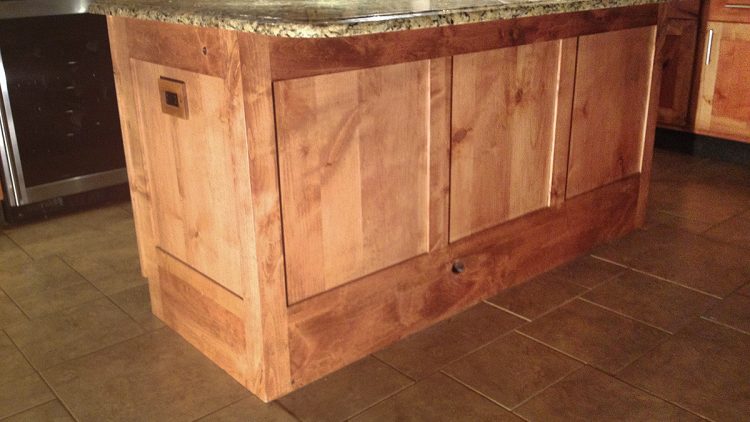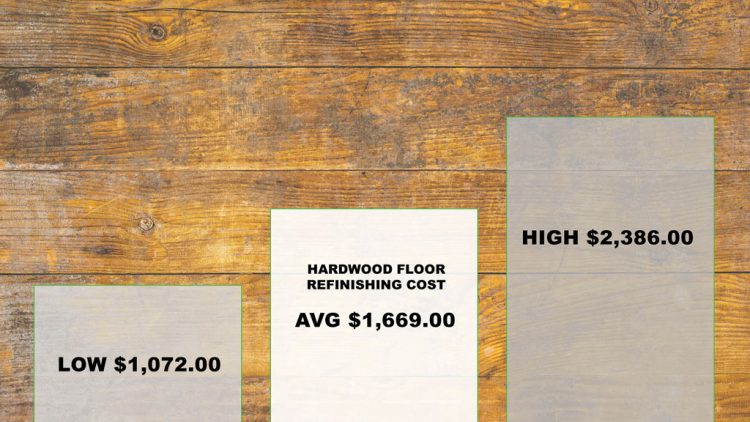How To Deep Clean Hardwood Floors
Use this DIY, step-by-step guide below to properly deep clean your hardwood flooring.
How To Deep Clean Your Hardwood Floors
Prior to the deep cleaning process, it’s important to understand there are a few things to avoid. Always refrain from using alkaline products and abrasive cleaners because these can scratch the floors.
If you choose to use vinegar, make sure you dilute it with water until it is a 50/50 mixture. An easy mixture of soap and water is both safe and effective. Do not use too much water, though, as this can lead to damage or warping of the floor.
Supplies/Equipment Needed:
For this task, you will need the following items on hand:
- Vacuum.
- Dust mop.
- Hardwood floor cleaner.
- Mineral oil.
- Putty knife.
- Antibacterial wood floor cleaner.
- Wet mop with cleaning pad.
Step 1. Dust The Floors
- Begin by getting rid of any surface-level dust and debris.
- Do this with the help of a dust mop with a vacuum or microfiber cloth.
- If using a vacuum, remember to adjust the settings from carpets to bare floors.
- The carpet setting could ultimately scratch the flooring due to a lowered rotating brush.
- The bare floor setting will eliminate the bristles’ contact with the surface.
Step 2. Mop Surface
- Use warm water to wet the cleaning pad on the mop.
- A damp mop should be used during this step to clean the surface properly.
- A soft cleaning pad is best to trap dirt as you mop the floor.
- Ensure you go over everything with dry cleaning pads.
Step 3. Dry Your Floors
- Use a clean, soft cloth as you go over the floor.
- Try to remove any excess water while avoiding any damage.
Step 4. Inspect The Surface
- Always look around for stains and buildup anywhere between the floorboards.
- Putty knives can come in handy if there is any grime to gently scrape away.
- An antibacterial wood floor cleaner can be applied when all is done to disinfect the floor.
How Often Should You Deep Clean Hardwood Floors?
Hardwood flooring requires regular cleanings. High-traffic areas should be frequently cleaned with a vacuum or dust mop. Try to clean spills and water puddles as quickly as possible in order to prevent the buildup of dirt.
With regular cleanings, you may only need to use a damp mop to maintain your floor’s condition every few months or so.
Urban Customs Kitchen Remodeling In Phoenix, Arizona
At Urban Customs we offer all types of flooring installation in Phoenix, Arizona, including Wood flooring, stone flooring, and bamboo flooring. Request a free flooring installation quote from Urban Customs today! Our address is 8050 N 19th Ave #127, Phoenix, AZ 85021.


